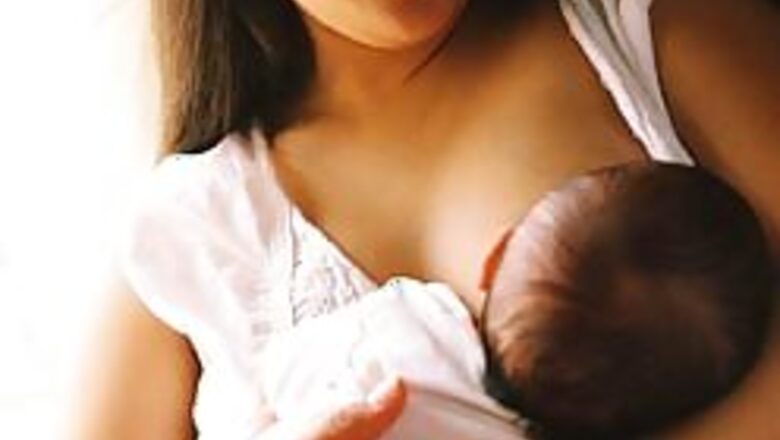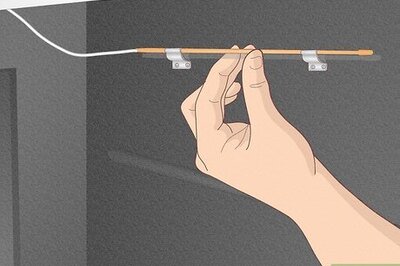
views
Chicago: Children breast-fed as infants are less likely to wet the bed later on probably because they have a ‘developmental edge,’ say researchers.
There is strong evidence that in many cases bed-wetting can "result from delayed neurodevelopment," said the report from the Robert Wood Johnson Medical School in New Brunswick, New Jersey.
"There is biological plausibility in inferring that breast-feeding protects against bed-wetting and our results show a strong statistical association" although not enough to prove a direct cause-effect, the study said.
Breast-feeding is beneficial because of the role that certain fatty acids passed onto the infant play in brain development, said the study published in the July issue of Pediatrics, the journal of the American Academy of Pediatrics.
The study was based on 55 children who were bed-wetters at ages five to 13 and 117 in the same age range who were not.
Of the bed-wetters, 45 per cent had been breast-fed, compared to 81 per cent of those who were continent at night.
The study also found that babies who received breast milk supplemented with formula had a similar rate of bed-wetting as those who received formula alone.




















Comments
0 comment